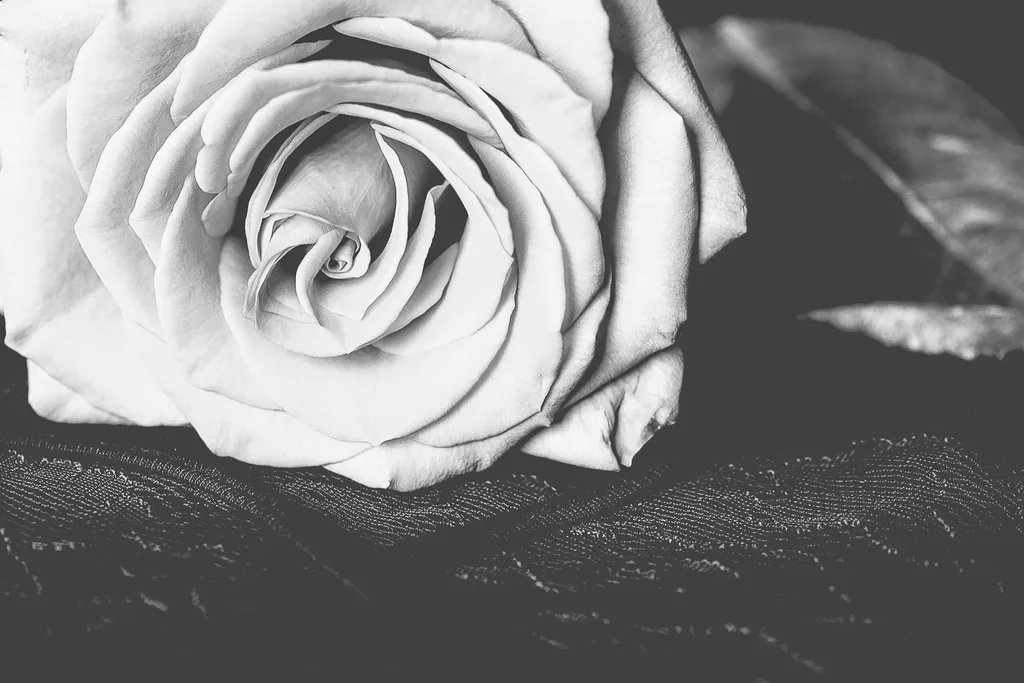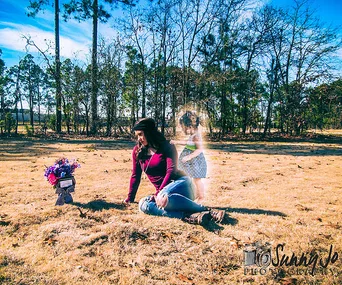From the relative comfort of her hospital bed, my friend Michelle Fairchild* updated her Facebook status for the last time. “I’m not ready to go yet. Too much to see and do and places to be,” she wrote.
The comments came thick and fast ranging from concern to optimism, perhaps they were a comfort in her final hours. Later that night Michelle passed away in her sleep.
Two years on, Michelle’s Facebook account is still online. Her final words (at least in the digital world) are still there, between messages of condolences and old posts from happier times.
Michelle’s Facebook account is just one of 30 million ‘memorialised’ accounts that belong to deceased people. And with up to 8,000 Facebook account holders passing away each day, the number of ‘ghost’ accounts is always growing.
There is a lot of debate about what should happen to these accounts, with some firmly believing that a bereaved family should be given the choice to shut down the account.
Last year, Facebook introduced an option for users to add a ‘legacy contact’. But according to Dr Tama Leaver, senior lecturer at Curtin University’s Department of Internet Studies, not many people are aware of the function or its purpose.
“It is a limited function, it doesn’t mean that you get control of someone’s account, it only means you can post a message after they pass away,” he told the ABC.
“They can’t go back and edit or delete stuff.”
However, regardless of the way that ‘ghost’ accounts are managed, the role they are playing in the lives of the living is becoming more prominent.
Dr Leaver notes that while no new friends can be added to a memorialised Facebook account, people can post messages of remembrance to the page.
“Often memorialised pages become digital shrines and on the anniversary of someone’s death or their birthday people post messages,” he explains.
We have probably all seen examples of this. My friend Michelle still pops up in my timeline, especially around the anniversary of her death. Mutual friends post messages to her – “I miss you” or “Thinking of you.”
So have ‘ghost’ accounts actually changed the way we grieve?
Dr Selina Gray, a senior researcher at Lancaster University thinks so. She tells me that social media networks like Facebook provide a space and positive focus for the bereaved.
“I think the impact can be seen through the acts and activities that occur in these spaces. Through the different and new ways people can create (and curate) large arrays of digital media content in someone’s memory,” she explains.

She also notes that with an increase in the number of ‘ghost’ accounts, grief has become more visible and socially acceptable.
Another way that people are using social media to express their grief is using their status updates to talk directly to a deceased person.
Elsie Laker has used Facebook to reach out to her late mother, recently posting: “Exactly this time three years ago to the hour we had our last ever conversation, how I wish I could talk to you now. So many things I want to ask, to say and most of all tell you how much I love you. Missing you more now than ever.”
Laker says that although she normally just uses Facebook to share photos, posting a message to her mother felt like the right thing to do. Gaining the support and sympathy of friends was not her intention, but the response from friends lifted her spirits during a “desperately lonely” moment.
“When I saw such lovely comments, especially those who had their own similar experiences, I suddenly felt like I wasn’t alone going through it and it made me feel better,” she recalls.
Grief researcher Dr Sarah Wayland notes that using social media in this way can provide those grieving a chance to continue a relationship with their deceased loved one.
“By sharing publicly that a person is missed or by inviting others to share their thoughts about their absence can make the grieving process easier,” she explains.
Carla Green lost her father last year and finds it very difficult to see his account appear in her Facebook timeline.
“Whenever someone writes on his wall it comes up in my feed and it hits me like a bus. It just doesn’t feel right,” she says.
However we feel about ghost accounts though, they have become a fact of life. In fact it is likely that there will come a time that there are more accounts belonging to the deceased than the living.
When I see Michelle in my timeline I take a moment to remember her. She is gone, but through the magic of social media, she is still smiling.
*Name has been changed.
You might also like: Mariah Carey’s seriously ill sister begs the singer for help


